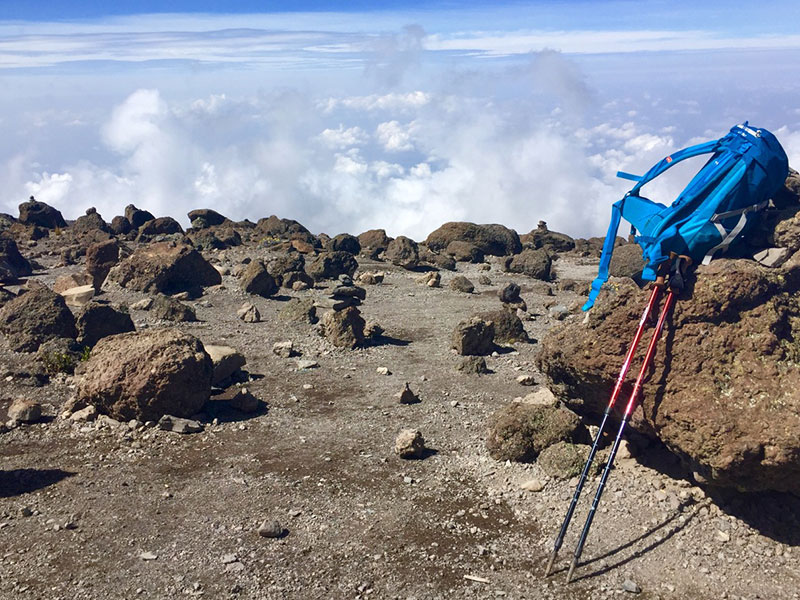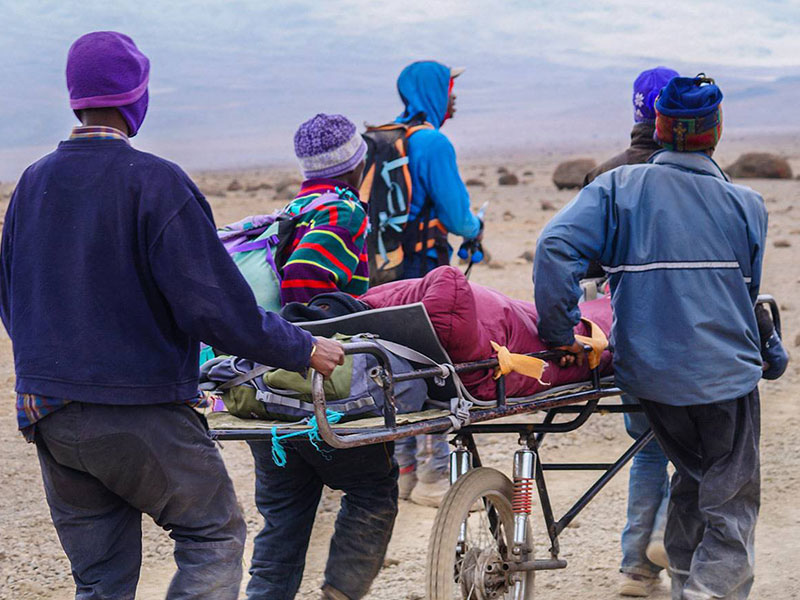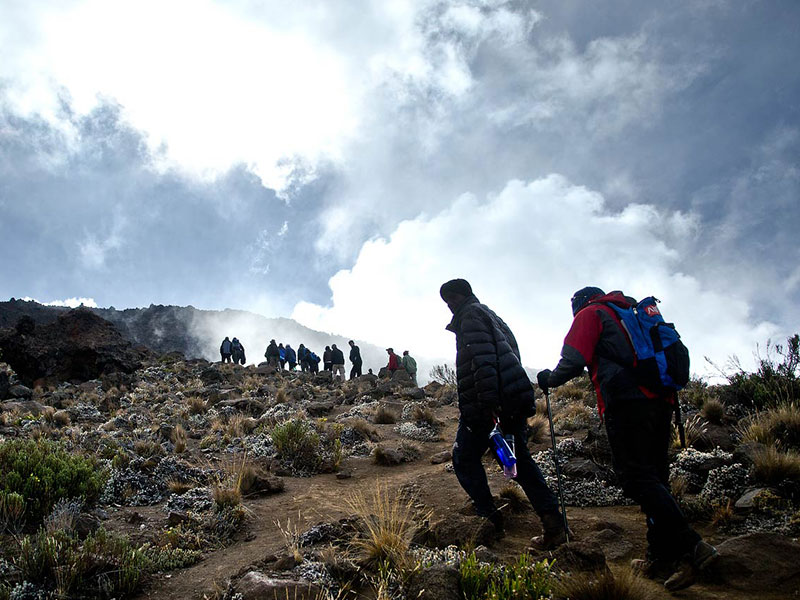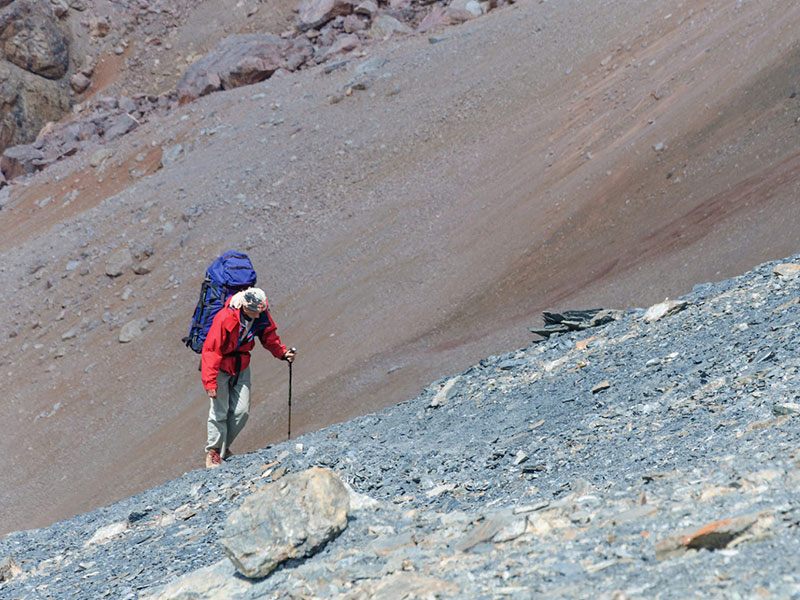Description
Acute Mountain Sickness or Altitude Sickness is a major concern when climbing Kilimanjaro. The permit system on Kilimanjaro, where the national park charges per day rather than per climb encourages operators to offer shorter itineraries to be competitive on price. This means that on shorter itineraries full acclimatization will not be possible and even on longer itineraries a large proportion of people climbing Kilimanjaro will suffer from mild symptoms of Acute Mountain Sickness. If you have any pre-existing health conditions that you think may make you more susceptible to AMS we recommend that you consult your doctor before booking this trip.
HOW TO MINIMIZE YOUR CHANCES OF SUFFERING FROM ALTITUDE SICKNESS ON KILIMANJARO:
There are many practical steps that you can take to minimize the chances of having to abandon your climb of Kilimanjaro due to the effects of altitude sickness:
- Acclimatize before the climb. Easier said than done if you live at sea level but if you can spend time at high altitude before the actual Kilimanjaro climb then this is the very best way to avoid altitude sickness.
- Climbing Mount Meru before Kilimanjaro is also an excellent option.
- Start the climb in the best possible health and with an excellent level of physical fitness.
- If you are fatigued, unwell, or stressed you are more likely to suffer from altitude sickness.
- Take it easy on the trail and in camp. You will get sick of your guides telling you to Pole, Pole, but they are right! If you overdo it by pushing too hard you are likely to pay for it later.
- Drink plenty of fluids. Getting up in the middle of the cold night may be an unpleasant thought but altitude dehydrates you and the better you hydrate the quicker your body can acclimatize. (You should also avoid all alcohol)
- Eat WellEven though you may not feel like it you should eat as much as you possibly can at every meal.
- This will give you plenty of energy and help you to feel great. I find it also helps me to keep warm and sleep well at night.
- Sleep well:Sleeping well in a tent is an acquired skill. Spend a few nights out in your tent and sleeping bag before your climb so that you have your routine nailed and are used to sleeping in a sleeping bag on a hard surface.
- Relax:Relax and think positive. Although not pleasant the vast majority of people suffer only mild altitude sickness (which is like a hangover).
- Don't think that every headache is cerebral edema and every cough pulmonary edema as this is unlikely.
- By relaxing and enjoying the climb you are far more likely to have a trouble-free experience.









